|
April showers bring….well, you know the rest. This old English proverb (which may date back to the 17th century) is not necessarily true in Canada. Flowers have been glorious on Vancouver Island and B.C.’s Lower Mainland for months. A cold spring in other parts of the country – yes, it snowed in Ottawa this week – means that blooms are still weeks away. I’m not a gardener, but I know many people who experience joy and relaxation from working the soil and seeing things grow. And the pandemic saw many people take up gardening for the first time.
For your weekend pleasure, as we await the arrival of May on Sunday, I’ve assembled some recent and still-relevant archived articles on gardening from the global network of The Conversation. Even if you don’t garden, I hope some of these will plant a seed of knowledge with you.
---
The next instalment of our In Conversation With public talks happens on Tuesday. Vinita Srivastava, our Senior Editor for Culture + Society and the host and producer of our Don’t Call Me Resilient podcast, will be speaking with Maïka Sondarjee of the University of Ottawa. Maïka is an assistant professor at the School of International Development and Global Studies at uOttawa and is the recipient of the Social Sciences and Humanities Research Council's 2021 Talent Award. She is an expert in development studies, including issues related to gender, governance and solidarity.
In Conversation With is a series of five live events co-sponsored by SSHRC and The Conversation Canada. Sign up for this free event here.
Have a great weekend and we’ll be back in your Inbox on Monday.
|
Weekend Reads: The joy of gardening
|
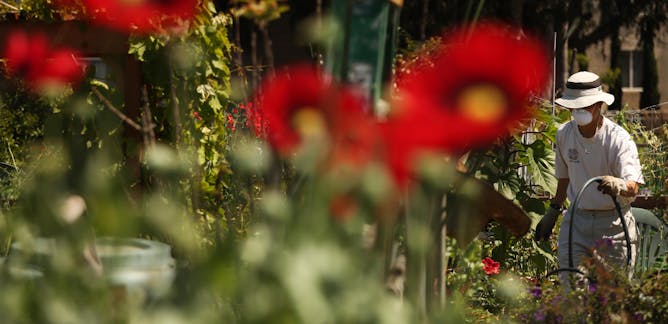
Alessandro Ossola, University of California, Davis
As lockdowns went into effect in the spring of 2020, many people took up gardening as a coping mechanism. But will a hobby born out of a crisis recede as life returns to normal?
| |
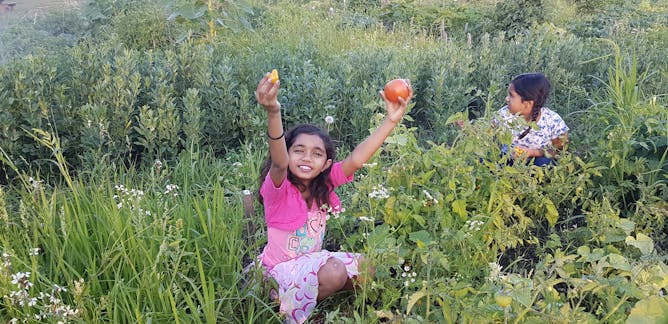
Ranjan Datta, University of Saskatchewan
Community gardens with land-based activities can impact community food security and are a good way to forge relationships among new immigrants, Indigenous and non-Indigenous community members.
|
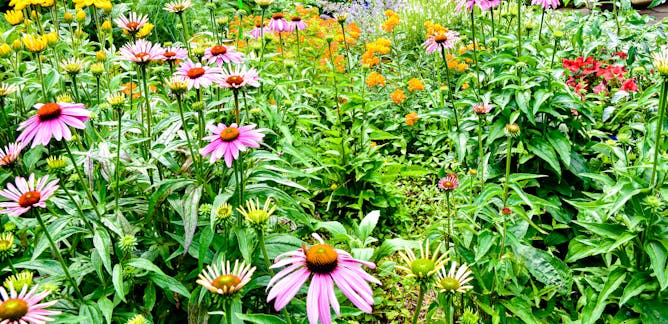
Karen K. Christensen-Dalsgaard, MacEwan University
Cities are among the harshest habitats on Earth. But when planned properly, private gardens can help improve their liveability.
| |
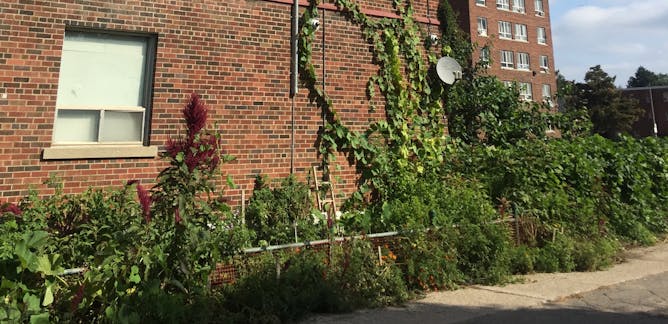
Sarah Elton, Toronto Metropolitan University
Plants support human health not only in terms of providing food, oxygen and shade. Our relationships with plants facilitate political decisions and actions that support health in the city.
|
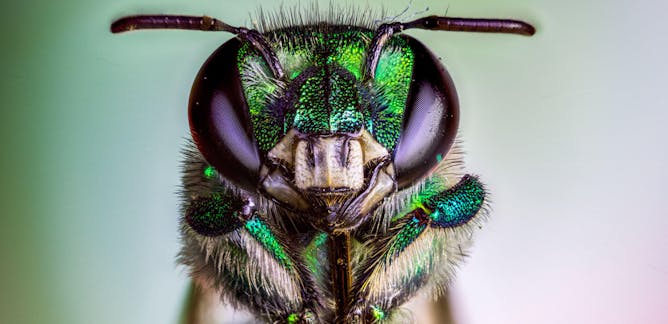
Tim Newbold, UCL; Charlie Outhwaite, UCL
Insect numbers and species decline steeply where agriculture and habitat loss coincide. Preserving natural habitat can reduce losses up to nine-fold
| |
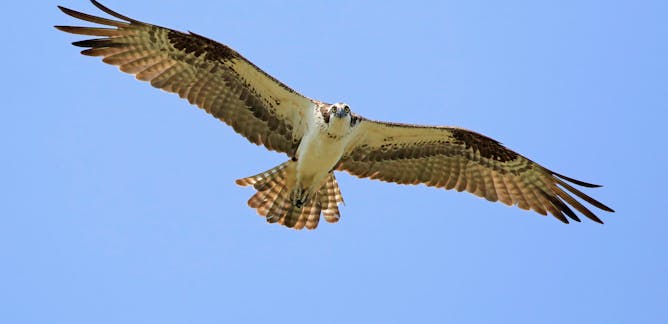
Louise Gentle, Nottingham Trent University
Birds are master navigators, negotiating journeys of thousands miles each year.
|
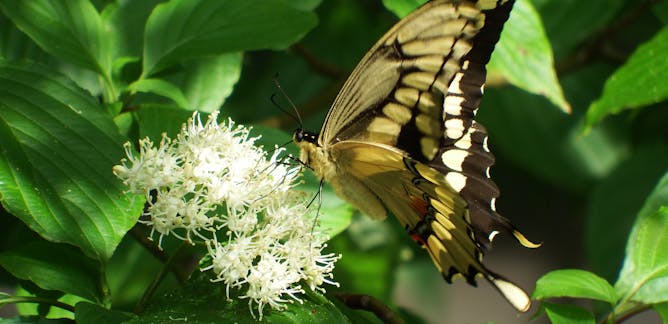
Nina M. Zitani, Western University
We’re in the middle of an Insectageddon. But a garden of native plants can help insects, as well as birds and other wildlife.
| |
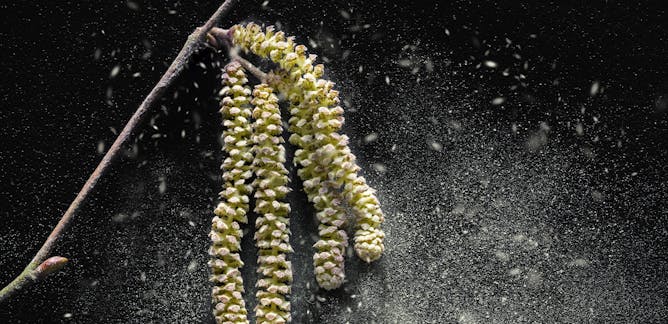
Jennifer Weeks, The Conversation
Pollen brings seasonal misery to millions of Americans, but it serves a critical purpose: fertilizing many kinds of plants, including food crops.
|
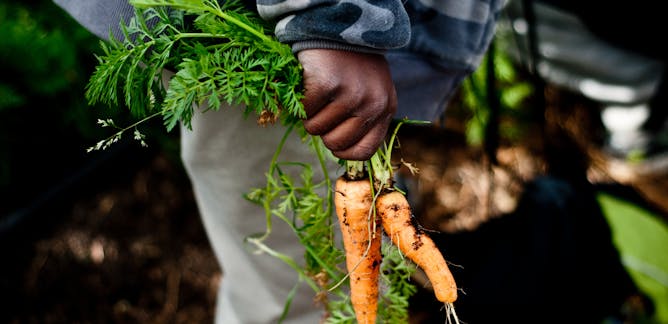
Sheila Colla, York University, Canada
Victory gardens were popular during wartime, and have made a comeback during the current pandemic.
| |
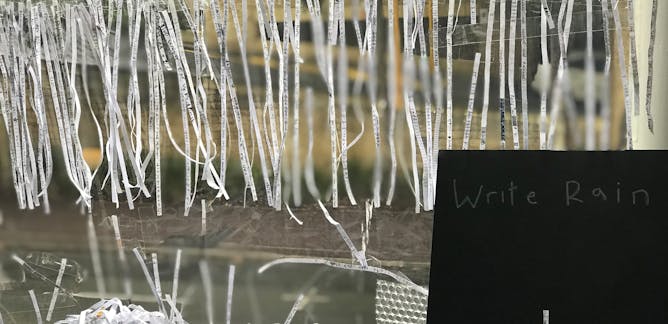
Veronica Pacini-Ketchabaw, Western University
Researchers and educators with the Climate Action Childhood network are generating responses to climate change alongside young children.
|
|
|

Daniel Merino, The Conversation; Gemma Ware, The Conversation
Listen to two space experts discuss how the Russian invasion of Ukraine threatens international collaboration in space on The Conversation Weekly podcast.
|